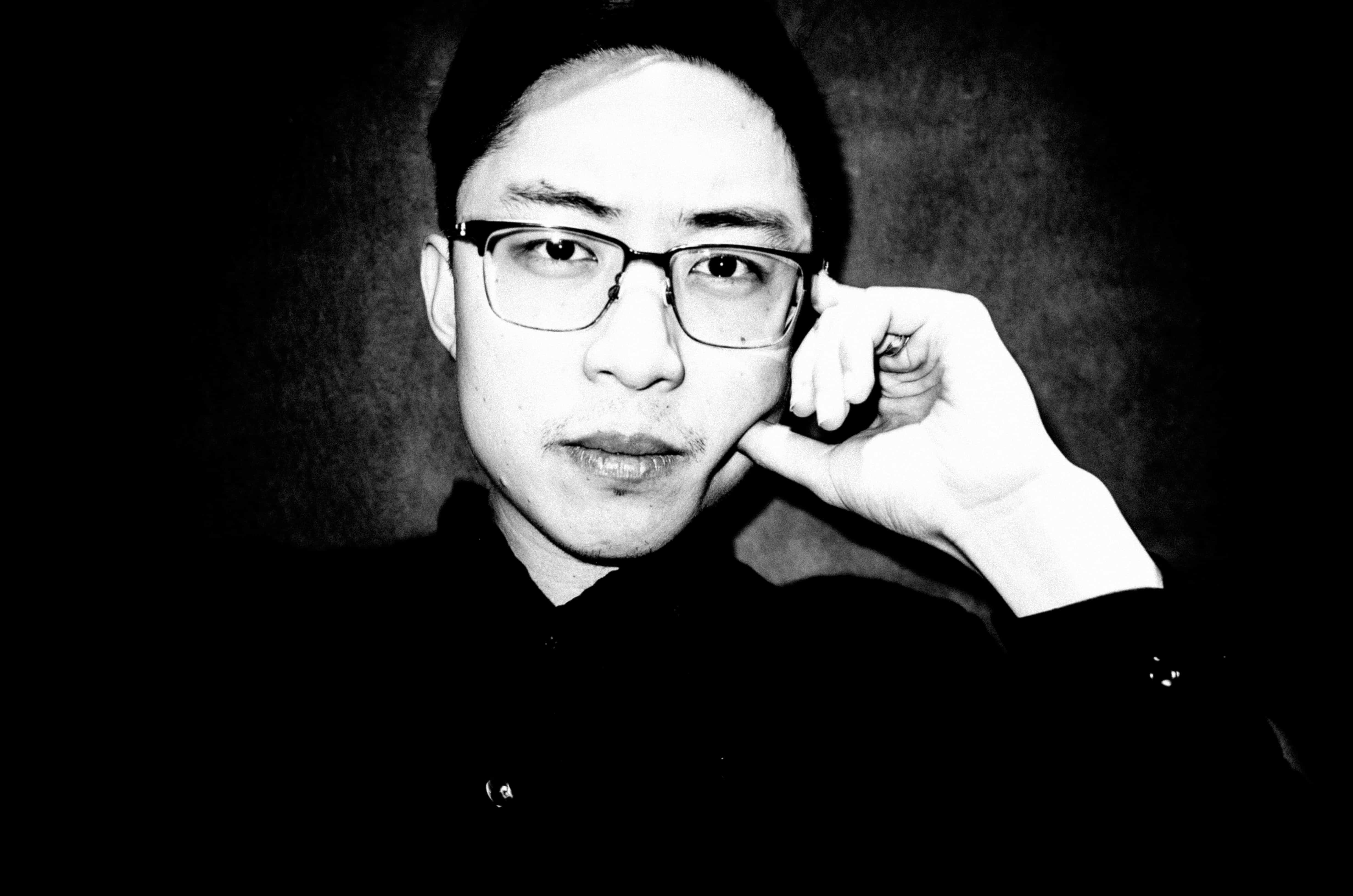
Lately ‘intermittent fasting’ has been popular in diet circles.
Intermittent fasting
A lot of people say it is a fad, but honestly — the ancients have been fasting for thousands of years. The ancients knew that for a lot of health ailments, fasting was one of the best ways to recover.
Not only that, but fasting is also good for your mind, and to make you tougher.
In today’s society, we are told to have 3 square meals a day. But in reality, back in ancient Rome — Romans would only eat 1-2 meals a day. The first ‘breakfast’ (breaking a fast) was usually around noon. Then they would have their dinner (cena) at around 3-4pm.
I used to eat breakfast religiously, but when I first heard about intermittent fasting, I wanted to give it a go. The first inspiration was from Nassim Taleb, who made a good point: a lion doesn’t eat a granola bar before hunting a gazelle. It is hunger that motivates us to move, hunt, and to expend energy.
Humans aren’t like a gas tank, where we will ourselves with food, in order to burn it. Rather, we are a much more complex organism.
Anyways, science behind, I want to share some of my experiences through intermittent fasting, and just eating one meal a day, and how I do it.
Benefits of eating only one meal a day
I’ve found numerous benefits just eating one meal a day. Some benefits:
- Less time needed to cook, prepare, and clean food (more time to read, reflect, meditate)
- Sharper focus throughout the day
- No ‘food coma’ after breakfast or lunch (which means, I don’t need to take naps in the middle of the day, nor do I get tired)
- When I do eat dinner, it tastes 100x better
- More gratitude for food
- Losing body fat (even though my dinners are massive, I can finally start to see a 6-pack)
- More productivity, by writing more, reading more, and hustling more.
Downsides
No real downsides to be honest, but getting used to some (mild) hunger pangs is necessary.
How to only eat one meal a day
Here is what works for me:
1. Drink a lot of coffee: I have 1-2 cups of coffee immediately upon waking, and drink a lot of water. From noon until dinner time (usually 6pm), I will drink another 2-3 cups of coffee. I’ve found coffee to be a good appetite suppressant, and helps me also stay focused on working.
2. Working out: When I’m a bit hungry during the day, I will exercise a bit (1-legged pistol squats, push-ups, chin-ups). This gets my mind off food.
3. Drink a lot of water: Now, when I am hungry, I just drink more water. This causes me to use the bathroom more often, but I actually feel more energetic, and cleansed.
4. Listening to music: I currently have a lot of hip hop music I’m listening to, which gets my mind off food.
5. Writing, walking, reflecting, photographing: Creative work helps me get ‘in the zone’ — in which I don’t think as much about food.
Caveats
Of course, when I am in social situations, I will usually eat lunch. But when it is just me and Cindy during the week, I will skip lunch, and just have another coffee.
Sometimes I find that when I don’t sleep enough, I feel more hungry, and get tempted to eat breakfast in the morning.
Inspirations
I figured— the Spartans could stay strong on a meager diet, why can’t I?
Not only that, but fasting isn’t really a big deal. Muslims do it all the time (in the millions) during Ramadan. Except they are tougher— they don’t drink water.
Will I keep this up?
I will try to keep up this practice of only eating one meal a day. It is a bit tough at times, but honestly — I feel less food is more focus, and more spiritual appreciation for food in general, and those starving all around the world.
I do admit I go through ‘diet fads’ a lot. So I’ll keep you updated with my progress.
For some inspiration, I recommend reading the book: “The Warrior Diet” (where I got this idea from).
Always,
Eric

